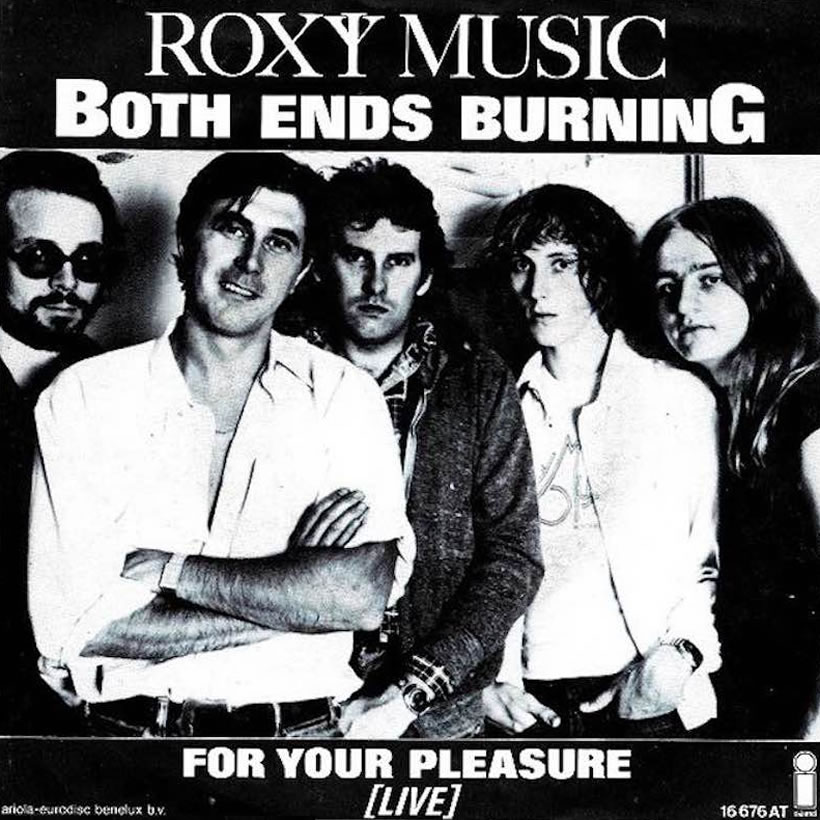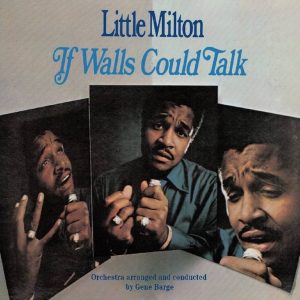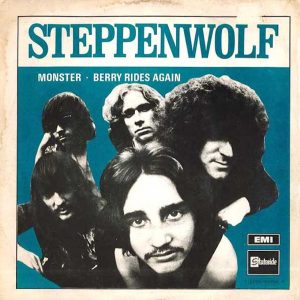Roxy Music vintage 1975 signified a more dance-oriented incarnation of the musical sophisticates than that of previous years. But not only did they retain all of their inventiveness and style, but as the year ended they had just enjoyed their highest-ranking UK single to date and their fifth Top 10 album in a row.
The album was Siren, from which that first single was the brilliantly incisive “Love Is The Drug,” a clever envisioning of the soon-to-explode discotheque culture. Written by Bryan Ferry and Andy Mackay, it reached No.2 in the UK, beaten to the top only by David Bowie’s reissue of “Space Oddity,” and helped to fuel a No.4 debut for the album.
Then on December 27, the second and final single from Siren took its chart bow. “Both Ends Burning” is a less celebrated Ferry composition but was cutting-edge in its own way, with synthesizer detail by Eddie Jobson, Mackay’s ever-urgent saxophones and Ferry’s impassioned lead.
The single entered the UK chart at No.40, and although it didn’t become one of Roxy’s bigger hits, went on to spend two weeks at No.25. The B-side was a live version of “For Your Pleasure,” recorded only a few weeks earlier at the group’s Empire Pool, Wembley show.
Siren was the third Roxy Music album in a row to benefit from the bass playing of John Gustafson, a vastly experienced player who had been with such 1960s beat-era groups as the Big Three and the Merseybeats. He also toured extensively with Roxy in the mid-1970s. “I can usually find something in any band that will carry me through musically,” Gustafson later told Mojo, “but Roxy was puzzling initially as nobody seemed to be directing it.
Listen to the best of Roxy Music on Apple Music and Spotify.
“Bryan would have little more than a chord sequence. It was often a complete shambles at first but it would always seem to work. Something would take shape. I would usually stick with the first thing I came up with to anchor it. All Bryan would say was, ‘Make it sound black.’”
Buy the super deluxe edition of the 1972 debut album Roxy Music.




